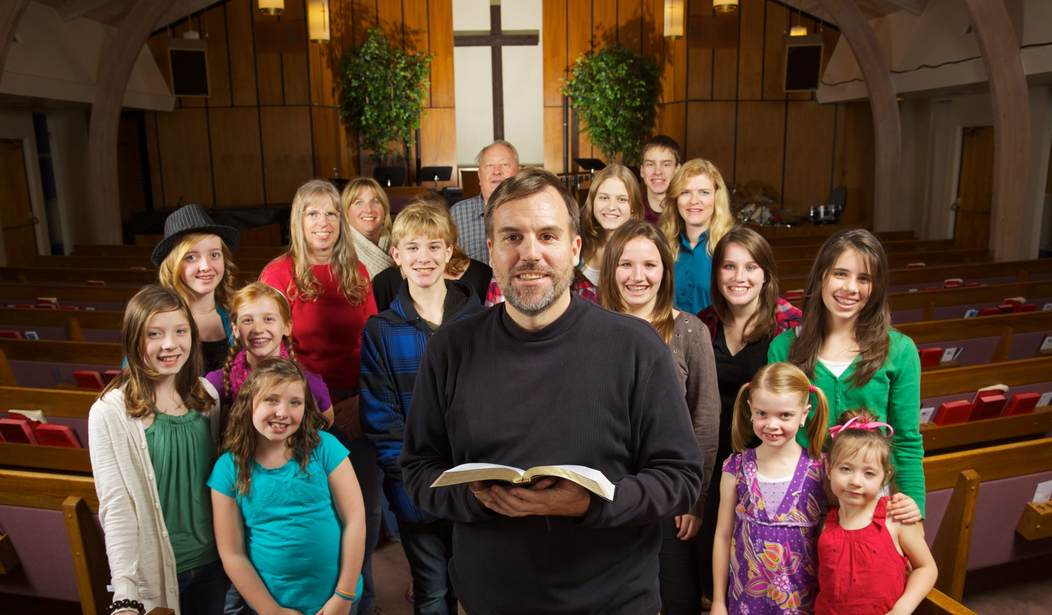Three-in-four conservative Republicans believe churches and religious organizations have a positive effect on the way things are going in the country, according to a recent Pew Research survey.
While 59 percent of Americans overall believe churches are good, Republicans were the most likely to view churches as positive for the country, with 68 percent of moderate Republicans and 75 percent of conservative Republicans agreeing with the statement.
The findings came from a June 8-18th survey, which polled a representative sample of more than 2,500 Americans on whether they think churches, labor unions, higher education, and the media have a positive or negative impact on current affairs.
The belief that churches are good for the country was so strong that support for them beat out college and labor institutions (even among Democrats and left-leaning folks). In the aggregate, 59 percent of Americans believe churches are good for the country, with higher education trailing a close second at 55 percent.
Support for churches has changed very little in recent years, according to the Pew Research Center. Most Americans still believe churches are good for the country, even among people who aren’t religiously affiliated and those with a college education.
On the other hand, the news media was viewed with the most suspicion by survey respondents. A full 63 percent of Americans think the national news media is bad for the country.
Perhaps the longstanding support of churches relates to the benefits they confer on their congregants. According to a 2007 Gallup survey (the last time substantial research was conducted on the topic), many Americans attend a church because of the sense of community and camaraderie such groups inspire, as church allows people to make new friends and build connections in their communities.
Churches are also good for people’s mental health and physical well-being, too.
Peter Hass, a pastor in Minnesota, cites numerous studies bolstering the claim that churches are good for people. For example, a 2013 study at the University of Saskatchewan found that people who attend church at least once a month are 22 percent less likely to be depressed.
Another study, published in 2016 in The Journal of the American Medical Association (JAMA), found that regular church attendance reduced the risk for health issues such as cardiovascular disease and cancer. Further, women who attended church more than once a week saw the greatest health benefits and had a 33 percent lower risk of mortality during the study compared with people who didn’t attend church at all.
“There have been literally thousands of studies” looking at whether religion is good for your health, said Dr. Dan German Blazer II, professor of psychiatry and behavioral sciences at Duke University Medical Center.
“The one (aspect) that is significantly more predictive of good health is about religious service attendance,” concluded Blazer, who wrote an editorial about the new study in the same issue of JAMA Internal Medicine.
Other research has found that regular attendance at church services can translate to better grades, better relationships, and greater overall well-being.
Just over 51 percent of Americans say they attend church or other religious services at least once a month, according to the Pew Research Center.
Follow the author of this article on Twitter: @Toni_Airaksinen.










Join the conversation as a VIP Member